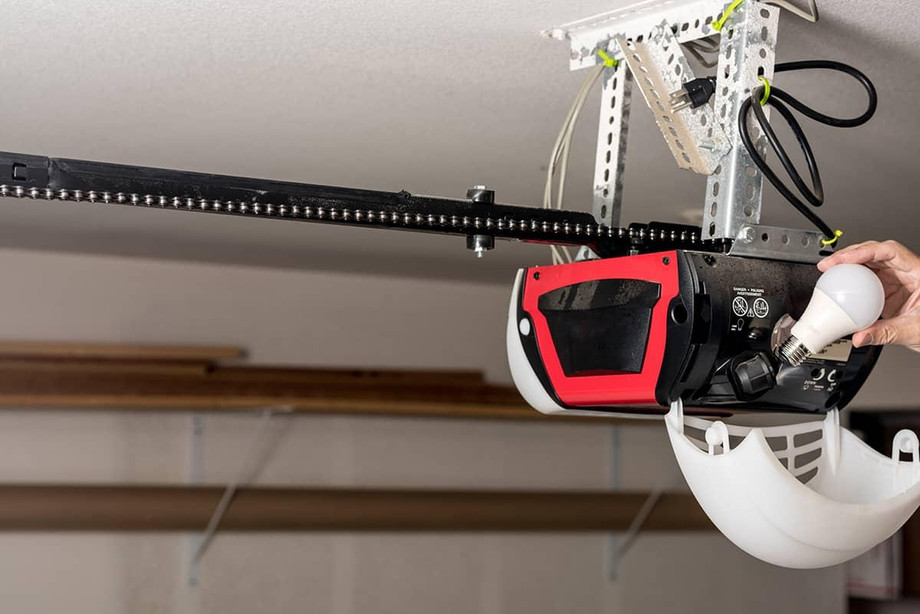- Imagine arriving home after a long day only to find that your garage door refuses to budge. This frustrating scenario is all too common and often stems from issues like a broken torsion spring or a malfunctioning opener. The significance of maintaining a functioning garage door cannot be overstated; it not only offers convenience but also ensures the security of your home. In this article, the focus will be on the vital aspects of garage door repairs, including how to repair garage door torsion spring, the importance of a reliable garage door opener, and the benefits of new garage door opener installation Tampa FL.
Understanding Garage Door Torsion Springs
Torsion springs are crucial components of a garage door system. They are responsible for lifting the heavy door, allowing for smooth operation. When these springs wear out or break, the door can become inoperable, posing a risk to both safety and security. Recognizing the signs of a failing torsion spring is essential. Symptoms may include a door that opens unevenly or makes unusual noises during operation. It is advisable to address these issues promptly by seeking professional assistance to repair garage door torsion spring. Ignoring the problem could lead to more extensive damage or even accidents.

The Process of Repairing Torsion Springs
Repairing a torsion spring is not a DIY project for most homeowners. The tension in these springs can be dangerous if mishandled. Professionals typically follow a systematic approach to ensure safety and effectiveness. This process begins with assessing the condition of the spring and surrounding components. Once diagnosed, the technician will safely remove the old spring and install a new one, ensuring that it is properly calibrated. This meticulous attention to detail is crucial for the longevity of the garage door system. Regular maintenance checks can help prevent torsion spring failures and extend the doorÕs lifespan.
The Importance of a Functional Garage Door Opener
A garage door opener is just as vital as the door itself. It provides the convenience of automatic operation, which is particularly beneficial during inclement weather or when carrying heavy items. However, like any mechanical device, garage door openers can malfunction. Common issues include the remote not working, the door not responding, or strange noises during operation. When faced with these problems, it is essential to determine whether the issue can be resolved with a simple adjustment or if it requires a professional to repair the garage door opener. Timely repairs can prevent the need for costly replacements and ensure continued convenience.
Signs Your Garage Door Opener Needs Attention
Identifying when a garage door opener requires attention can save homeowners time and money. Persistent issues like inconsistent operation, failure to respond to the remote, or the door reversing unexpectedly are clear indicators that something is amiss. In such cases, it is advisable to consult a professional who can effectively repair garage door openerThey can diagnose the underlying issue, whether itÕs a misaligned sensor or a malfunctioning motor. Regular maintenance checks can also help catch these issues early, keeping the garage door functioning smoothly.
Upgrading to a New Garage Door Opener
For those considering an upgrade, a new garage door opener installation Tampa FL offers numerous benefits. Modern openers come equipped with advanced features such as smartphone connectivity, enhanced security measures, and quieter operation. These features not only improve convenience but also increase the overall safety of the home. When selecting a new opener, it is important to consider factors such as power requirements, noise levels, and additional features. Professional installation ensures that the opener is correctly set up and integrated with existing systems, providing peace of mind.
Conclusion:
Maintaining a functional garage door system is essential for both convenience and security. Whether addressing issues like repair garage door torsion spring or opting for a new garage door opener installation Tampa FL, seeking professional help can make all the difference. Regular maintenance and timely repairs can prevent small issues from escalating into significant problems. For those in need of expert assistance, quickspringsgarage.com is a reliable resource. Prioritizing garage door care will lead to a more secure and efficient home.
business
business



